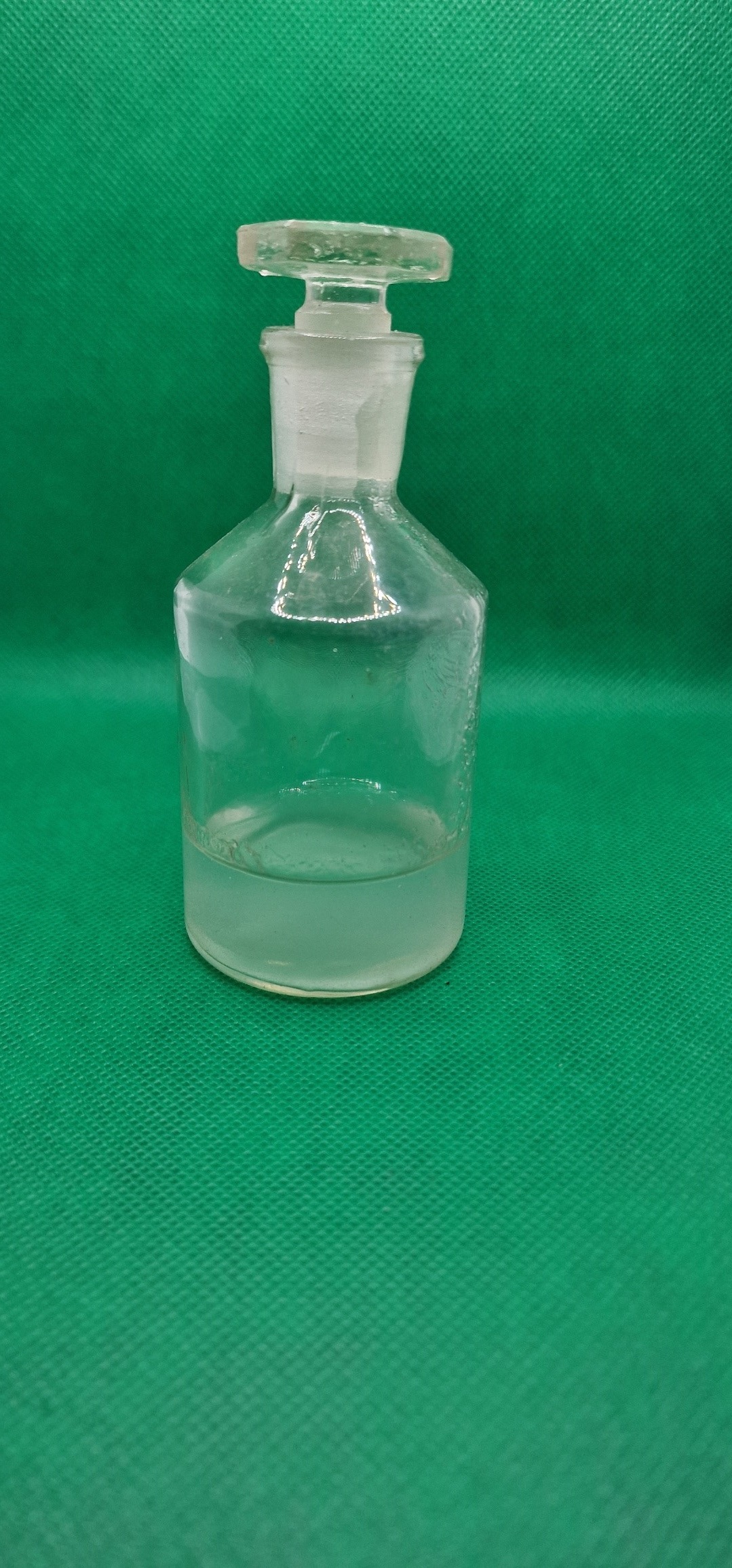

According to the World Health Organization, antibiotic resistance is rising dangerously high worldwide as new resistance mechanisms emerge and spread globally. With antibiotics becoming less effective, treating patients for common infectious diseases like pneumonia has grown increasingly complex and, in some cases, impossible. The global problem of antibiotic resistance worldwide affects many types of pathogens. This phenomenon has been growing for decades, and nowadays, we are faced with a wide range of worrisome pathogens that are becoming resistant and many pathogens that may soon be untreatable. The product is antimicrobial gels with new antimicrobial action from plants. The solution product solves several problems by advantages: antimicrobial activity against Gram-positive/negative bacterial and drug resistance pathogens; green/natural technology; an evolutionary mechanism of antimicrobial action that works in several different ways; and cost-effective and environment friendly solution.
The Lithuanian Research Centre for Agriculture and Forestry is a state research institute. The Centre’s strategic objective is to conduct R&D in the fields of agronomy and forestry and the related fields of ecology and environmental sciences, biology, biophysics, botany and zoology. In 2022, the Centre employed a total staff of 473, including 178 researchers and trained 67 doctoral students. Research, various scientific programmes and projects are carried out at the Centre. Researchers are involved in national (funded by the Lithuanian Research Council, Ministry of Environment, Ministry of Agriculture, Ministry of Economy and other state authorities) and international projects (funded from HORIZON EUROPE, HORIZON 2020, European Territorial Co-operation and other EU funds). The Centre conducts breeding programmes for major field and garden crops, pome, stone and berry fruit crops. More than 490 varieties of field, orchard and garden crops have been developed in the branches of the Centre since the beginning of plant breeding in Lithuania (1922). Many of them are successfully grown in Lithuania, neighbouring and other countries. The developed varieties are included in the Lithuanian National List of Plant Varieties and in the EU Common Catalogue of Varieties of Agricultural Plant Species.
Name:Aiste Balciunaitiene
Phone:
Address:Instituto av. 1, Akademija, LT-58344 Kėdainiai distr., LITHUANIA
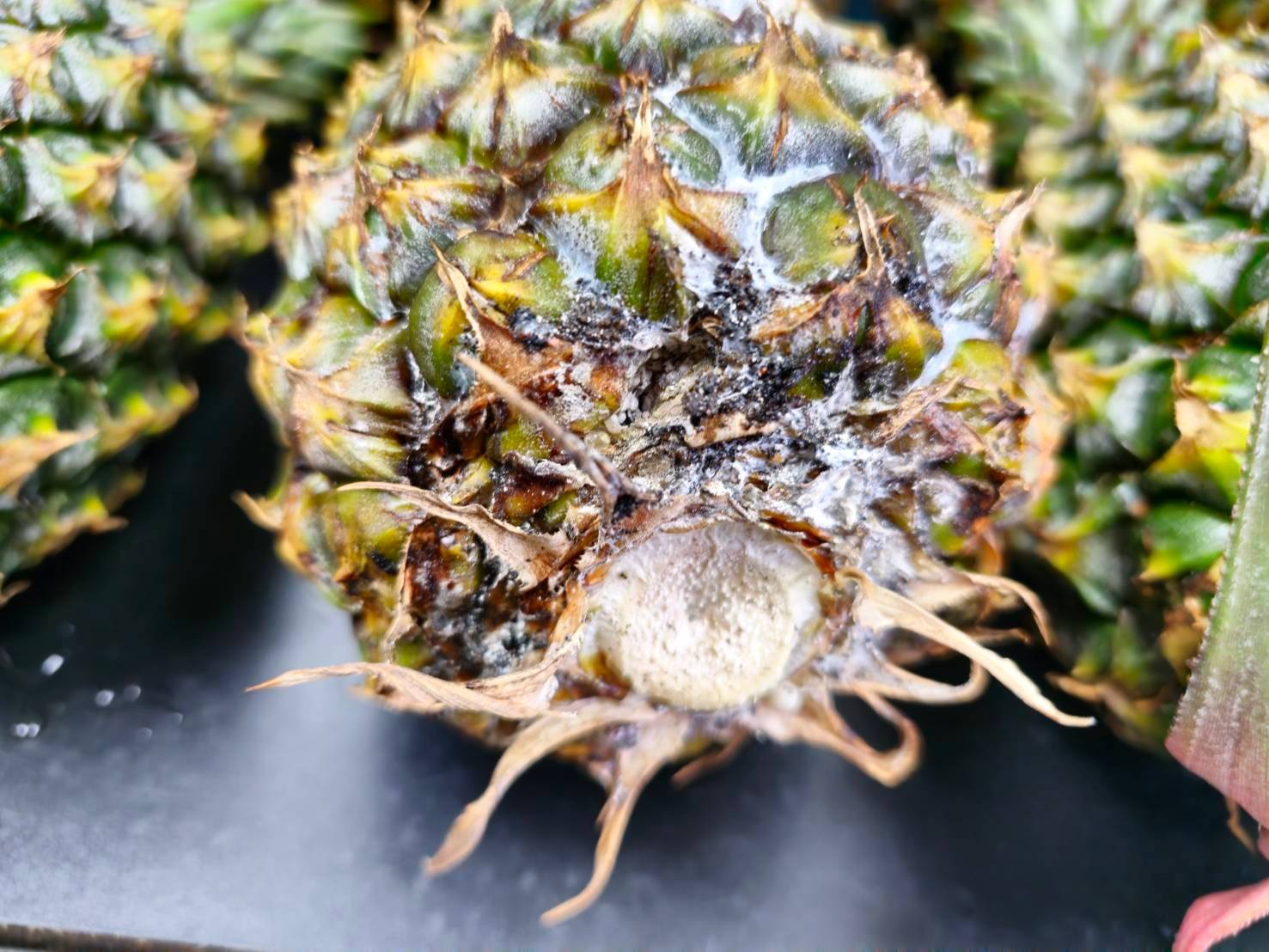
Application of micro-bubble technology to construct a hygienic and quality production process for pineapple
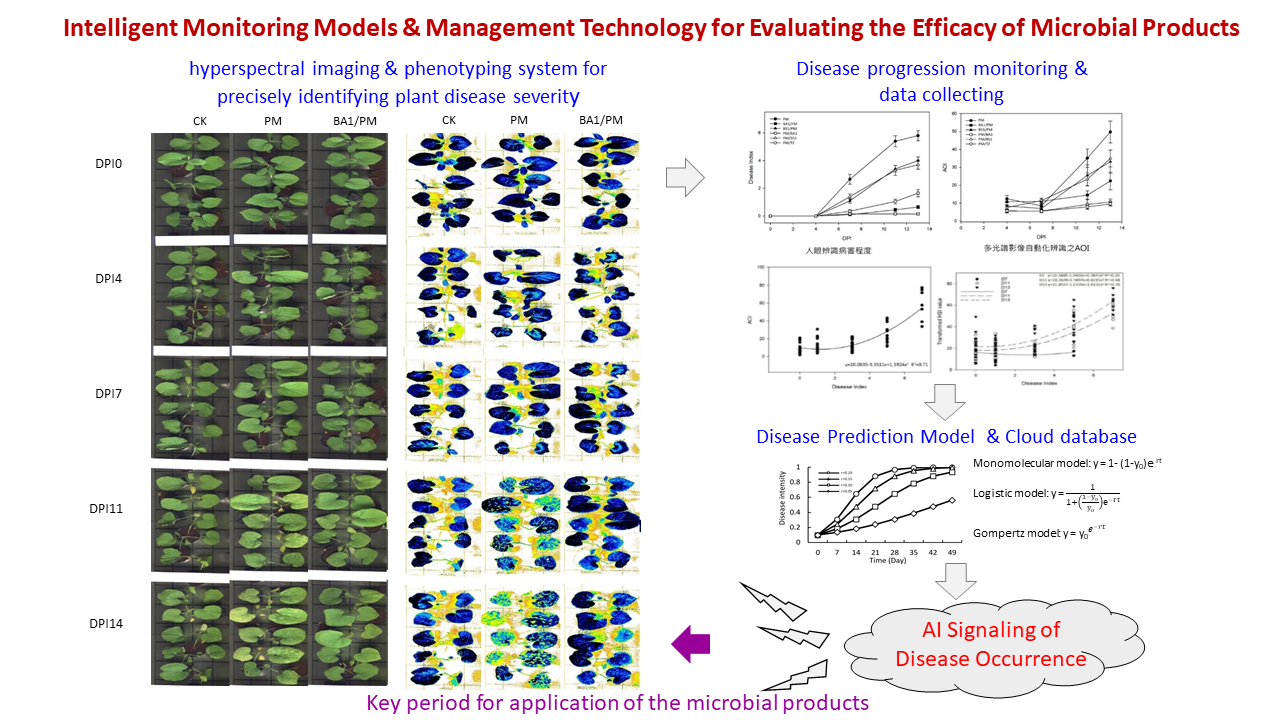
Intelligent monitoring and management of multi-functional microbial agents
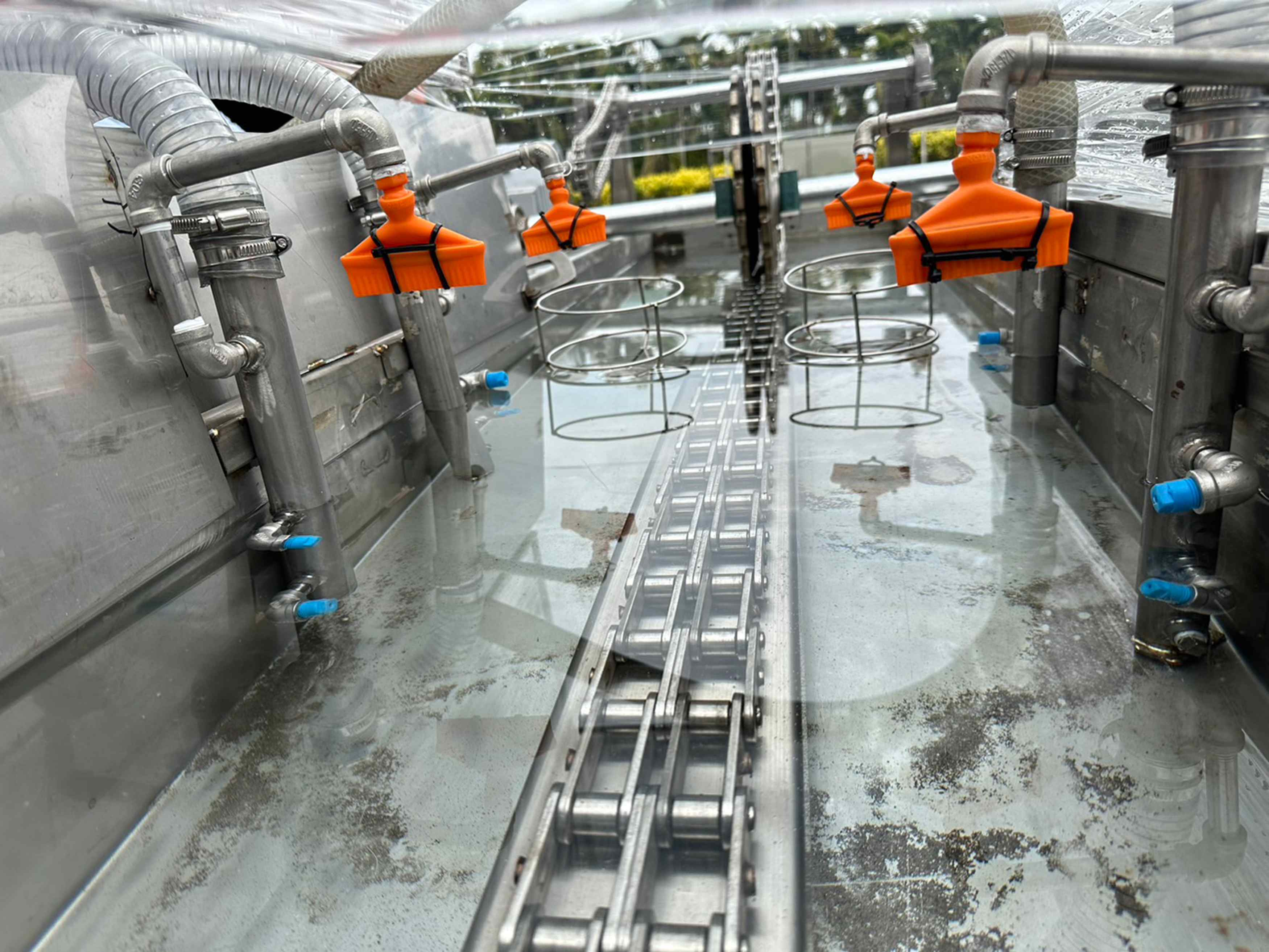
Integration of image data analysis with micro-carbonated pulse-based automated equipment for fruit and vegetable washing
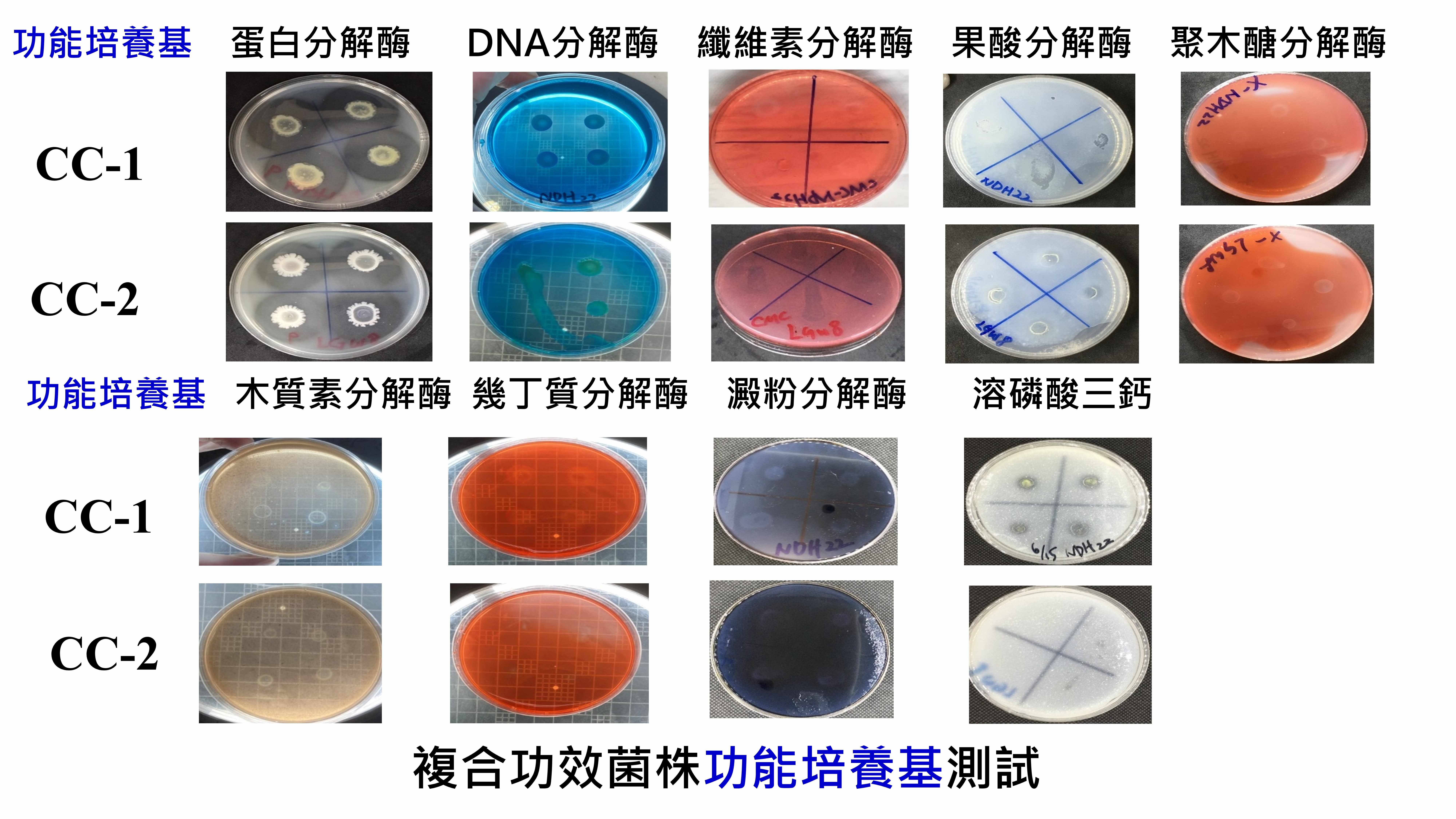
Development of innovative microbial fertilizer formulations for reducing heavy metal uptake and increasing yield in vegetables
Technology maturity:Mass production
Exhibiting purpose:Display of scientific results
Trading preferences:Negotiate by self
Coming soon!